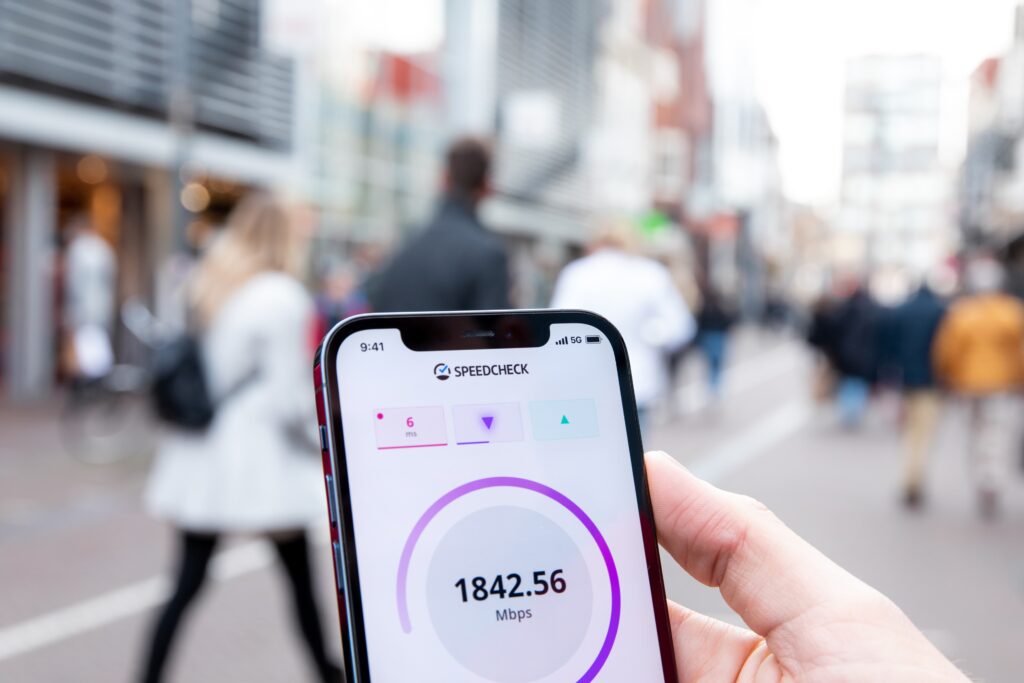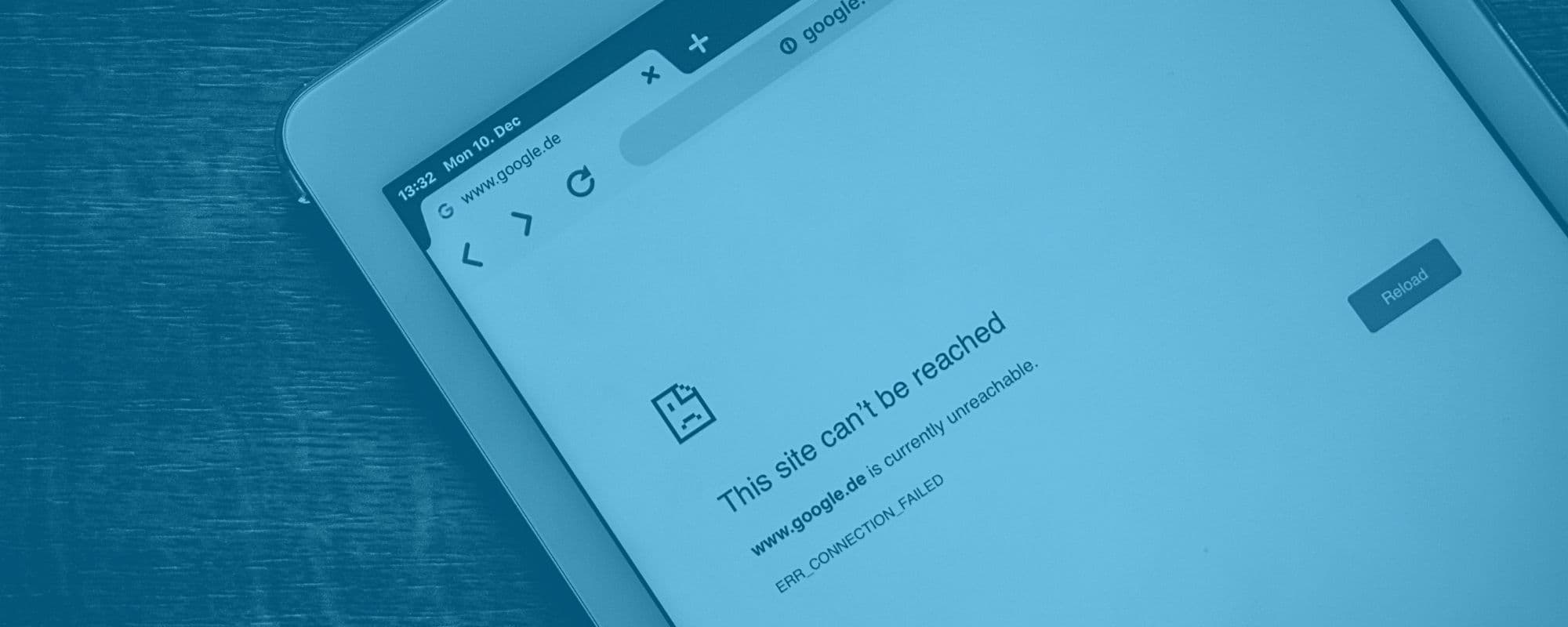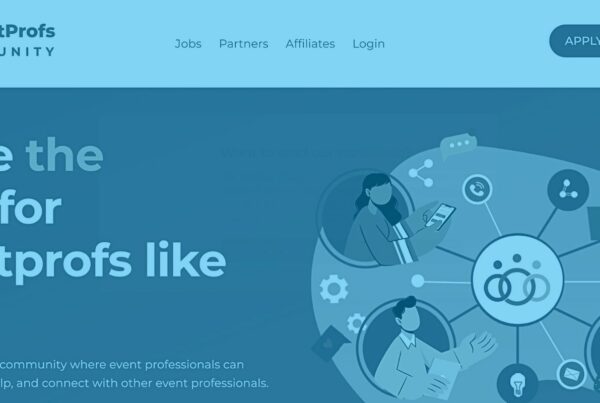The Event Tech Podcast is often so excited about all the innovation, new event platforms, and other event tech solutions on the market that we forget to talk about the digital divide in the events industry. Let’s face it: most event technology needs a strong internet connection to run smoothly. But what about those who don’t have their own Wi-Fi set up?
In today’s Event Tech Podcast episode, Will and Brandt answer a poignant question by one of the podcast’s listeners. Attendees need Wi-Fi to access virtual events. So, how can we connect with low-income families who might not have access to the internet?
A difficult question, but Brandt and Will come up with several solutions. Then, they also address how certain people might simply be reluctant to embrace event technology, such as Metaverse or VR. What do we do with those audiences? Surely we cannot just leave them behind. Tune in and find out what our event tech masters have to say!
The Digital Divide In The Events Industry: No Wi-Fi
First, Brandt tries to answer the difficult question about the potential digital divide in the events industry. “Wi-Fi is not as ubiquitous as many of us think. This goes back to the early days of event apps. There was a lot of trepidation about having Wi-Fi everywhere in your venues. Even 10 years ago, it was nowhere nearly as common as it is now. But when you’re dealing with a remote audience, you’re pushing all of that infrastructure onto their end. We’re talking about the bandwidth of each individual attendee.”
So, what’s the answer to this question? “You need to know your stakeholders. If you’re catering to an audience where access to the internet may be difficult, then it is hard to have a digital event,” he says.
“The quick and easy answer is don’t do a virtual event,” adds Will. “Plan an in-person event instead. Just because virtual or hybrid events are the hot event trend right now, that doesn’t mean you have to follow these trends. Event trends are there once you’ve mastered the basics of knowing your audience.”
Solution #1: Create A Hub With Wi-Fi
Brandt suggests following a hub model. Allow people to come to a space, equipped with Wi-Fi and AV. “Our school district dealt with it during the pandemic. Even though the school itself wasn’t open, they would open up the gym for a certain number of people who needed access to the internet.”
Solution #2: Set Up Hotspots
Brandt adds that the district also used the school’s bus fleet and drove them to strategic points around the city. “They would set up hotspots. Additionally, anybody who wanted a hotspot could apply to have it sent to them. There were some limitations, they were only active during the day.”
Solution #3: Public Libraries
Will adds that public libraries often have great internet. “This is the exact opportunity where hybrid events make so much sense. You can do a hub and spoke model. Try to bring people together in small groups. There’s a huge opportunity right there to partner. If you’re targeting low-income attendees, you might also be able to tag in some additional groups that are designed to help out.”
Solution #4: Optimize Your Event For Lower Bandwidth
“You need to optimize your event for lower bandwidth,” adds Will. “Don’t pump out a 4K live stream. Do it 720p or audio-only. A metaverse-style event is not going to work if attendees have low internet speed.”
Solution #5: Starlink
Brandt adds that it’s not only people with low-income who might not have easy access to the internet. People who live in rural areas also don’t always have good quality access. “That’s starting to change with things like Starlink. We’ve had extended conversations in the past about Starlink. These satellites are helping out in the war in Ukraine right now.”
 Don’t Force Event Tech On Attendees
Don’t Force Event Tech On Attendees
Brandt speaks more about the potential of event technology leaving some people behind. Take Metaverse, for example. Not all event attendees are on board with the idea of implementing metaverse in the events industry. “Event planners need to know what they’re trying to get out of the event. While it’s easy to get sucked into the flashy trashy of what’s new and exciting – is that necessarily what your event needs? What happens with those who are left behind?”
“As event planners, we often live in a silo of what we think our attendees want. If you don’t have any open lines of communication, that can make a lot of people disconnect,” says Will.
In his opinion, it’s important to ease people into event technology, not force it upon them. “It’s hard to experiment with event technology if you only have one annual event a year. But look for opportunities; maybe you can have one breakout session in VR. If you plan multiple events throughout the year, maybe try meeting in Metaverse once, but don’t make it a requirement,” adds Brandt.
Virtual Events Are Generally More Accessible & Inclusive
Virtual events are not going anywhere. “Large organizations saw the value in digital events. They were able to reach many more people for less money. They will not forget that.”
Virtual events can be more inclusive and accessible. “When lockdowns went into place, a lot of people with disabilities found themselves on equal standing with everyone else for the first time. They could go to the show from their house and have the same experience as the rest,” says Brandt.
“But to bring it full circle, think about your attendees who then might be excluded by being virtual,” replies Will. “We left out an entire potential audience. That’s not the way we should plan events, especially as we’re trying to create truly diverse and inclusive events moving forward.”
The Digital Divide In The Events Industry: No Easy Solution
And that’s a wrap on today’s episode. Will and Brandt gave some actionable ideas to fight the digital divide in the events industry and reminded the listeners that event technology is not always the solution to all of their challenges.
So to conclude, there is no cookie-cutter solution in the events industry. As Brandt likes to say, it all depends on the event’s goals and knowing your stakeholders. If you have a controversial question for Will and Brandt, reach out to them. They love to hear from their listeners.










